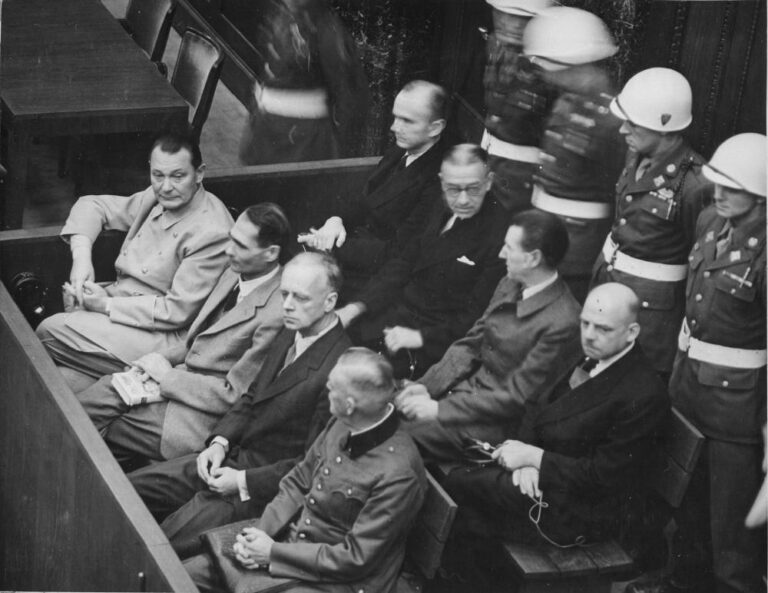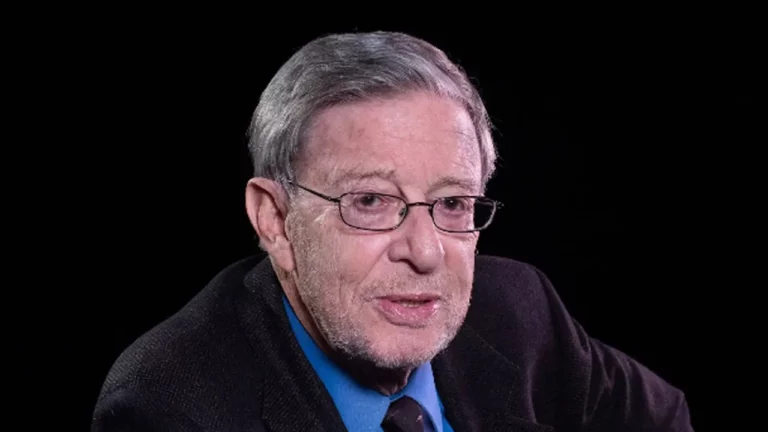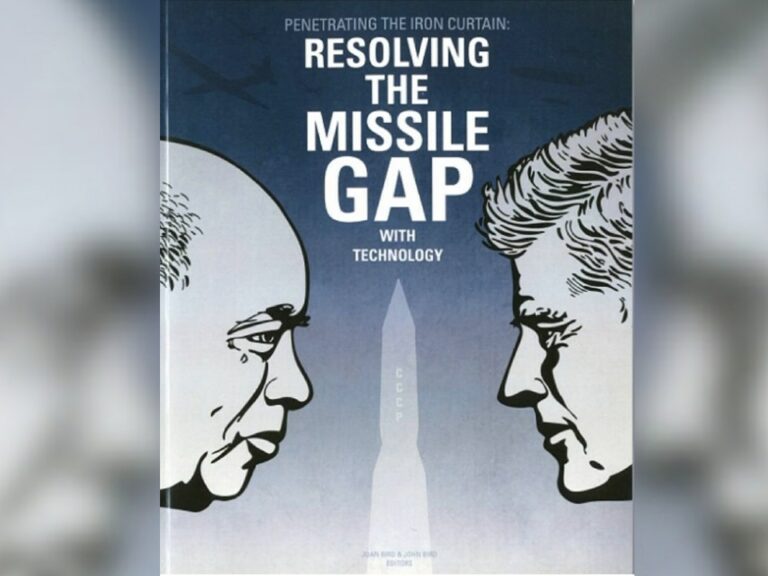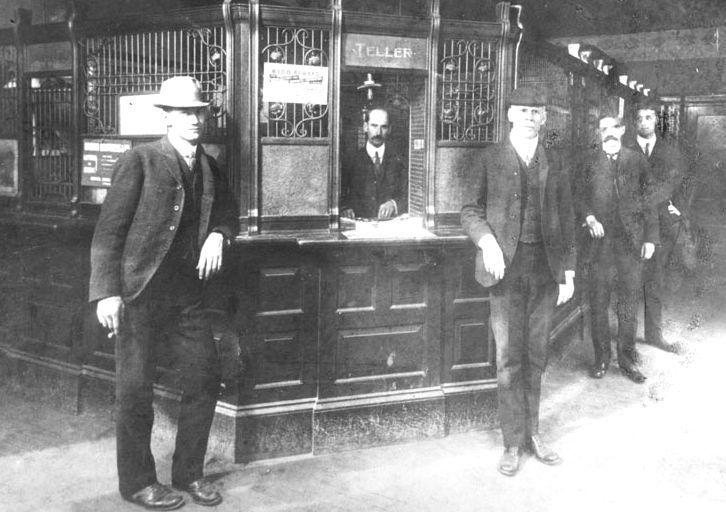Former FBI agent Coleen Rowley discusses still unanswered questions about the lead-up to 9/11. This interview was produced October 25, 2009, with Paul Jay on Reality Asserts Itself.
STORY TRANSCRIPT
PAUL JAY, SENIOR EDITOR, TRNN: Welcome back to The Real News Network. We’re talking to Coleen Rowley. She worked with the FBI office pre-9/11 in Minnesota, and she wrote a dramatic memo post-9/11 which informed the FBI about how the investigation that might have prevented 9/11 was closed down. And as a result, you’ll see—. Hi, Coleen.
COLEEN ROWLEY, FORMER FBI AGENT AND WHISTLEBLOWER: Hi.
JAY: And you’ll see behind her Time Magazine. She was one of the whistleblowers of the year, one of the Time people of the year, 2002. So we’ve been talking about 9/11 and many people trying to get their head around what really happened and the whole question of accountability now and why it matters. I think an unconnected event, but what opens up some insight into perhaps the psychology of what’s possible in the White House, a few months ago, the Johnson Library, Lyndon Johnson Library, released more of Johnson’s tapes, and there’s a tape there where Johnson is speaking very openly how Richard Nixon is undermining his negotiations to end the war in Vietnam, and that, according to Johnson, in fact, he’s decided not to run again so he can depoliticize the negotiations, and says he’s getting near an agreement to end the war, and Nixon has sent his own envoys to the North Vietnamese saying, “Don’t sign the deal with Johnson, ’cause I’m your next president, and if you don’t wait for the deal from me, I’m not going to honor the deal,” and he sabotages the deal. And Johnson actually on the tape says Nixon is acting like a traitor, and we have Johnson’s voice saying this. And, in fact, the negotiations did get scuttled, and Nixon, instead of quickly negotiating the end of the war, hundreds of thousands or millions more people probably died before the war finally comes to an end. It tells you something about the kind of mentality that’s possible in the White House. So jump ahead now. Nine-Eleven events, the Bush administration, Bush-Cheney, in terms of why it matters now is if there’s a deliberate piece of this—and I think it’s still an “if”, although one can draw some conclusions—isn’t it a matter of goes to the core of what America is? And isn’t that a good reason to unravel all of this?
ROWLEY: Well, you’ve just—if you’re going to do something right and you’re going to improve, you’ve got to know the truth. It’s really hard to come up with a remedy or a fix to a problem without airing the truth, without debating what happened and the mistakes. When I speak on ethics, I usually use the priest pedophile example, because it’s well known. And people, priests [inaudible] began to learn the truth in 1985. And because they were unwilling—and, again, if you have small groups of people that know the truth and then have a reason to not tell a larger public, that’s where you see this banality of evil going on, where they decide, “Oh”—it’s kind of a self-delusional thinking—”well, we can just do this and that’ll be fine.” And you will rarely get the proper fix to a problem without fully airing it, without debating it. And, of course, in our democracy we want to bring in the public. You see that the secret memos, the torture memos, which were now—I mean, you know, people look at them and they can’t believe they were written. They’re so wrong, and they don’t use the proper legal authority, etcetera. Well, why did that occur? ‘Cause there were only a few people reading those, compartmentalized. The word, of course, is “cabal”. I don’t know if you can use “cabal” for the office of legal counsel, but when only a couple of lawyers are assigned to do something and it’s secret, it’s a recipe for disaster. And when scandals occur, it’s painful to unravel them, it’s painful to find out the mistake. People have to admit, “I did something wrong. I did this wrong, because you did something wrong.” It’s a very painful process. But you’ve got to do it.
JAY: So how is all this last eight years, how has this changed the way you look at the world? Like, when you joined the FBI, you must have had a certain vision of the world and America’s place in it. How has that changed today?
ROWLEY: Well, when I joined the FBI, it was a lull period between Vietnam and the war now, and it was just a few years after the Church Committee had put these, you know, legal restraints on the FBI—no infiltrating peace groups, etcetera—that occurred after the Church Committee. So I actually got [in during] this lull period. Well, when you get to 9/11, again you see this pendulum swing. You have a choice: you either go with that pendulum swing and you say, well—. The FBI, by the way, did not go with the pendulum swing fully. They stopped at the torture line. They said, “No, CIA, if you’re going to do that, you do it on your own. The FBI’s not going to do that.” But you either go with it or you say, no, wrong, I can see this is wrong. This is not what I was teaching agents for 13 years about the right against—you know, voluntary confessions, etcetera. This is completely wrong. So I stopped really quickly after 9/11, and I decided, you know, to speak out after that, and I made a number of whistleblower complaints. Not all of them landed me on a Time cover. The Time cover one actually did produce, in the form of an inspector general investigation, pretty good truth about the FBI lapses. So to that extent it accomplished a little bit.
JAY: In terms of a—I don’t know if you had this vision, but, you know, the traditional or official version of America is America the defender of freedom and democracy around the globe, that American foreign policy—. Like, I remember when I was doing a debate show in Canada at the time of 9/11 and we did a show on root causes, but that morning, before we did the show, all the newspapers in the United States and Canada were saying if you talk about root causes, if you talk about that US foreign-policy could be connected to 9/11, you’re blaming the victim and you’re capitulating to terrorism. Where did you sit pre-9/11 and today in terms of America and its place in the world?
ROWLEY: Well, I think my respect for the truth has been pretty—that’s been consistent all along. Most FBI agents, if you get into criminal justice, you are into finding the truth. I mean, you become a little detective, and you don’t want to, you know, accuse an innocent person or whatever, so you really get in tune with finding out what the truth is. That part of me hasn’t changed. I was always a little skeptical of government authority, and I certainly saw mistakes made in my 24 years. The 9/11 overreaction, and the lapses leading up to 9/11, and then the overreaction, the coverup of the truth of why it happened, that actually transcended anything I had ever seen before. And I think it really pushed the country enormously in the wrong direction. It became the pretext for many of the things we did. And I think you have to speak out against that. It hasn’t been turned around. There’s been talk of turning some of it around, but it has not yet been turned around.
JAY: Yeah, let’s talk a bit about that. So President Obama ran on a campaign “change you can believe in”, and he talked about a new mindset in foreign policy, and he talked about opening up and undoing the wrongdoings of the Bush administration. How’s he doing?
ROWLEY: Well, transparency in government would be the root way to do that. It would be the underlying method. And he talked about transparency, he talked about opening up freedom of information, whistleblower protection. Unfortunately, he has not accomplished that. Whistleblower protection was a promise he made in the campaign, and it has not occurred. So that’s a key thing, because if you can’t even tell somebody in government that there’s a mechanism for them to reveal fraud, waste, abuse, illegal acts, that is basically a recipe for people going along with something like torture, because they don’t even have a way that they can even reveal if someone has given them an illegal order. So that’s a key thing, and unfortunately that hasn’t changed. Of course, closing Guantanamo was a campaign promise, and now that seems to have become very, very difficult politically with people making up false reasons for why they can’t close Guantanamo. Torture has—since there’s been no accountability, I’m still very worried that that’s just, again, like the loaded pistol on the kitchen table. So I’m still very worried that it has not been changed, that this course that we set, and certainly the wars going on, keep us on track on that bad course, too.
JAY: Thanks very much for joining us. Thank you for joining us on The Real News Network.
Podcast: Play in new window | Download | Embed
Subscribe Apple Podcasts | Spotify | Android | iHeartRadio | Blubrry | TuneIn | Deezer | RSS
Never miss another story
Subscribe to theAnalysis.news – Newsletter
“Coleen Rowley is an American former FBI special agent and whistleblower and was a Democratic-Farmer-Labor Party candidate for Congress in Minnesota’s 2nd congressional district, one of eight congressional districts in Minnesota in 2006. She lost the general election to Republican incumbent John Kline.”






